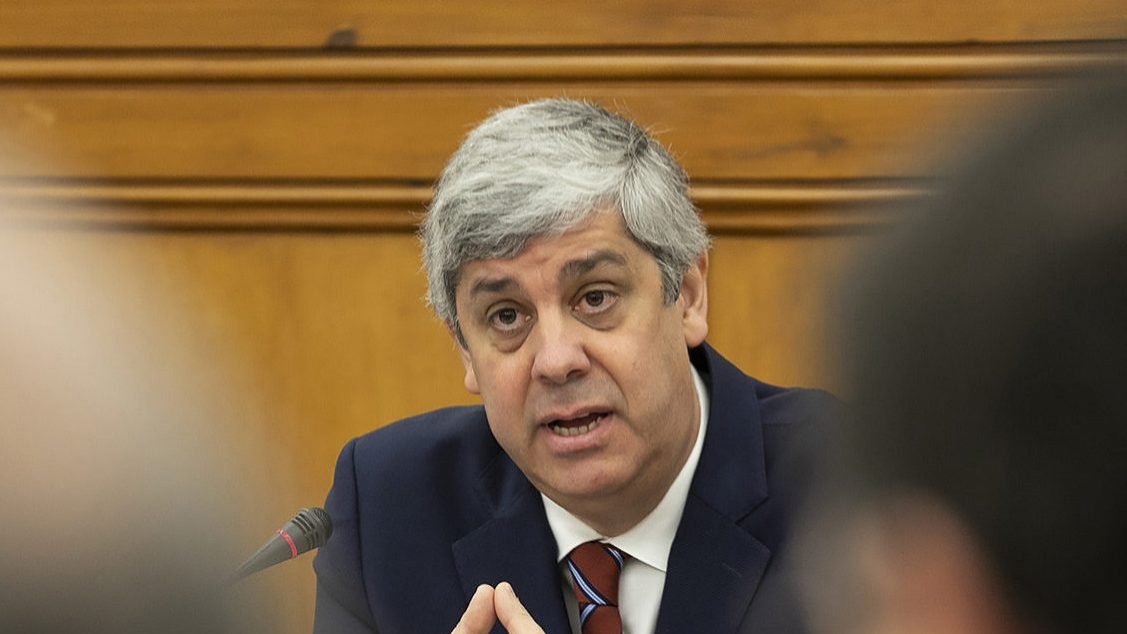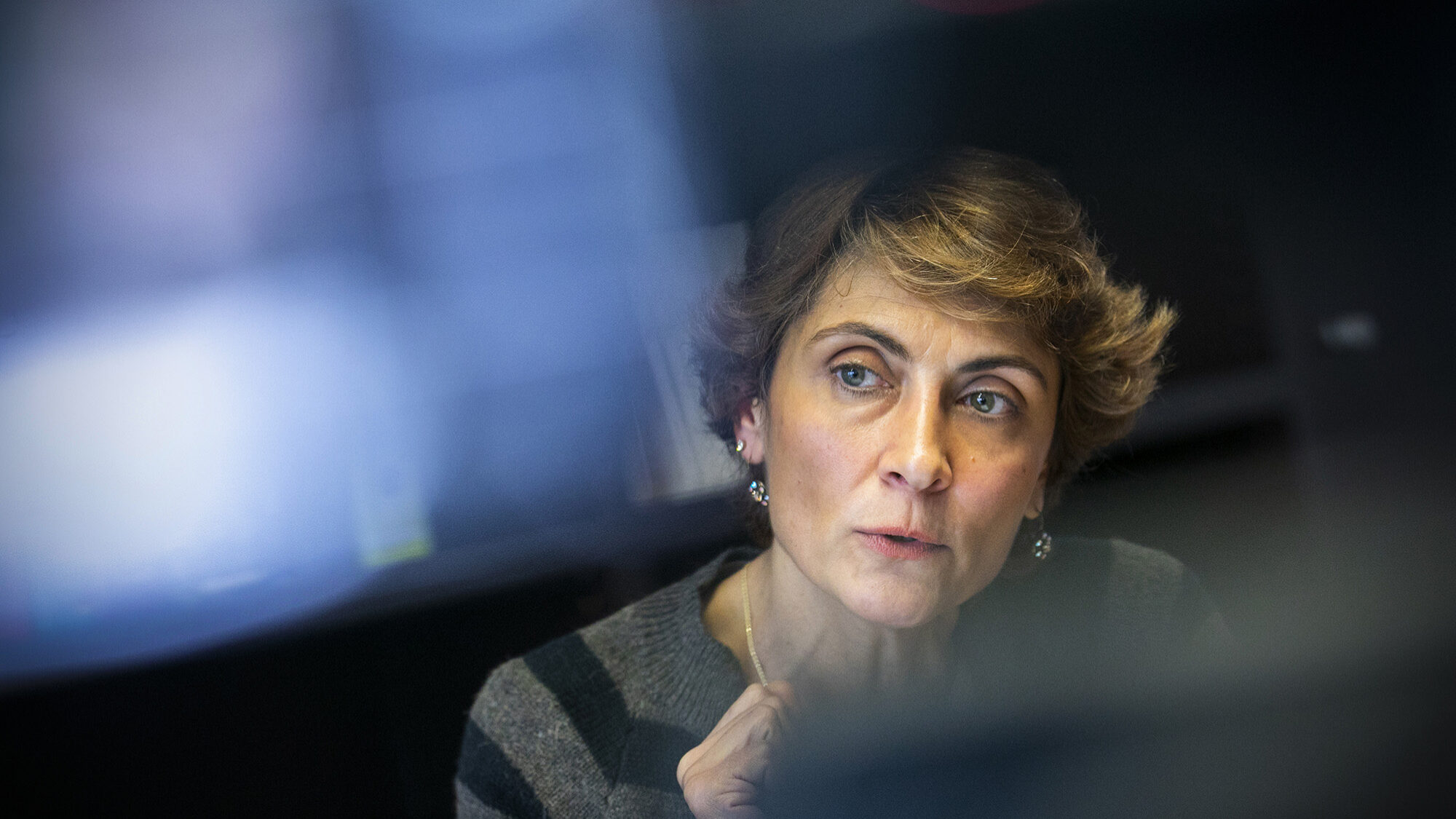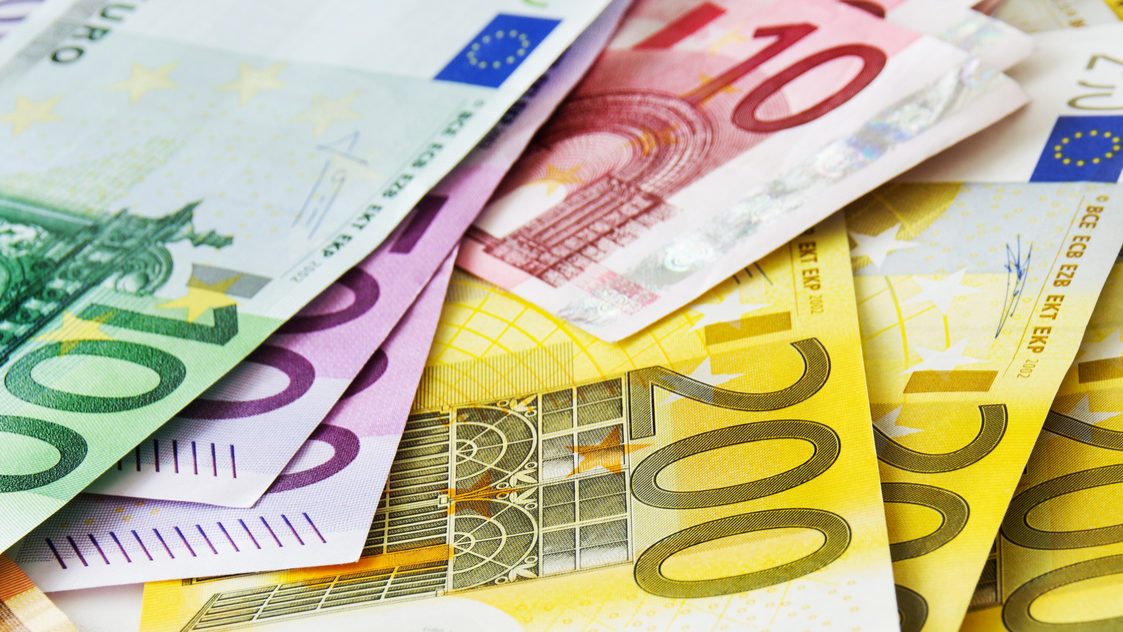Bank of Portugal expects inflation to rise to 4% this year
According to the March economic bulletin, in the central scenario, the Bank of Portugal (BoP) estimates that inflation will increase in 2022 to 4% before reducing to 1.6% in 2023 and 2024.
The Bank of Portugal (BoP) expects inflation to rise to 4% this year, 2.2 percentage points higher than the 1.8% forecast previously. In the worst-case scenario, it could reach 5.9%, according to the economic bulletin released on Thursday.
According to the March economic bulletin, in the central scenario, the institution led by Mário Centeno estimates that inflation will increase in 2022 to 4% before reducing to 1.6% in 2023 and 2024.
“The increase in inflation in 2022 is associated with the rise in the price of raw materials, energy and others, and the maintenance of constraints in global supply chains,” the banking regulator explains.
The supervisor also points out that “the recovery in demand for the services most affected by the pandemic also contributes to the increase in inflation”.
“These effects dissipate over the projection horizon but are partially offset by increased pressures on wages and prices, in a context of more intensive use of resources in the Portuguese economy,” it explains.
These estimates compare with projections for this year of 0.9% from the finance ministry, 1.3% from the International Monetary Fund (IMF), 1.7% from the Organisation for Economic Cooperation and Development (OECD), 2.3% from the European Commission and 3.9% from the Public Finance Council.
The regulator warned that the war in Ukraine “contributes to intensifying inflationary pressures and limiting economic dynamism in the euro area and Portugal,” noting that “the conflict has aggravated the rise in prices of energy commodities and various primary goods.
The conflict also has a negative impact on activity, reflecting a “reduction in the confidence of families and entrepreneurs, turbulence in financial markets, and the effects of sanctions imposed on Russia on trade and financial flows.
In this scenario, the BoP assumes that the conflict will not escalate and that these factors will dissipate in the medium term, but it also contemplates an adverse scenario, in which inflation may reach 5.9% in 2022, 2% in 2023 and 1.9% in 2024.
In an adverse situation, this even higher inflation results mainly from the increase in the price of imports and the direct and indirect effects on consumer prices.
“The reduction in demand contributes to offsetting these effects, albeit limitedly. As the oil market and, to a lesser extent, the gas market normalise, the sharp increases in the prices of energy goods will be reversed,” it said, stressing that “the instability of the geopolitical situation translates into the possibility of more serious scenarios, associated with an escalation or longer duration of the military conflict, with consequences that are difficult to assess.”
On the other hand, in the opposite direction, “a quick resolution of the conflict would have positive effects on activity and would imply a lower trajectory for inflation,” a scenario that was not considered.
In December, the BdP forecast inflation to reach 1.8% in 2022, 1.1% in 2023 and 1.3% in 2024.


